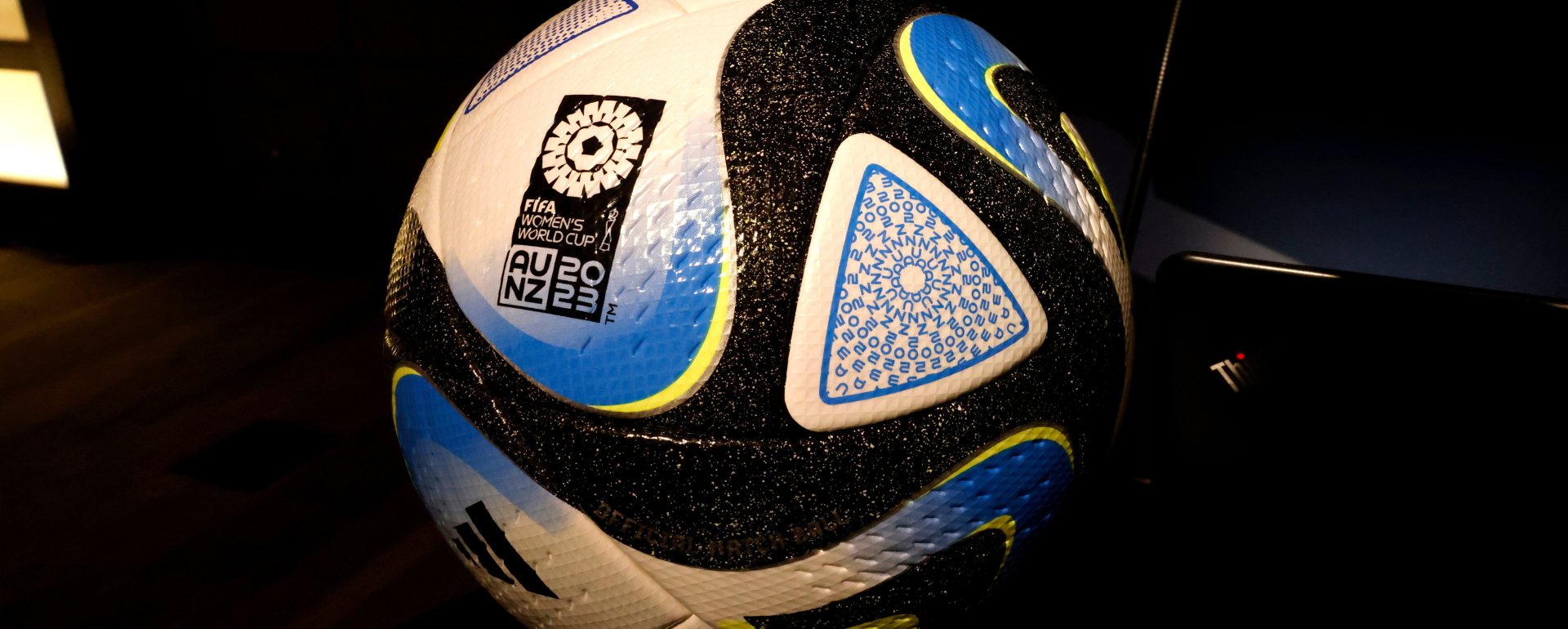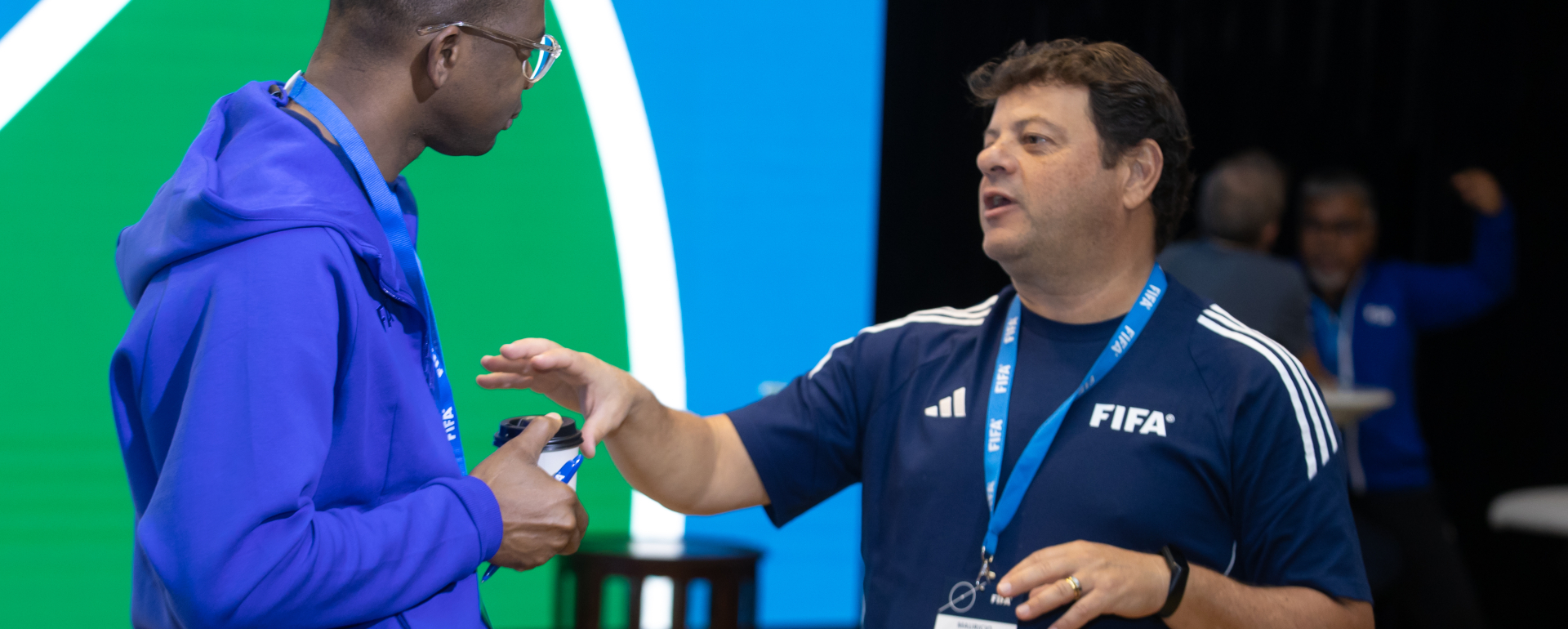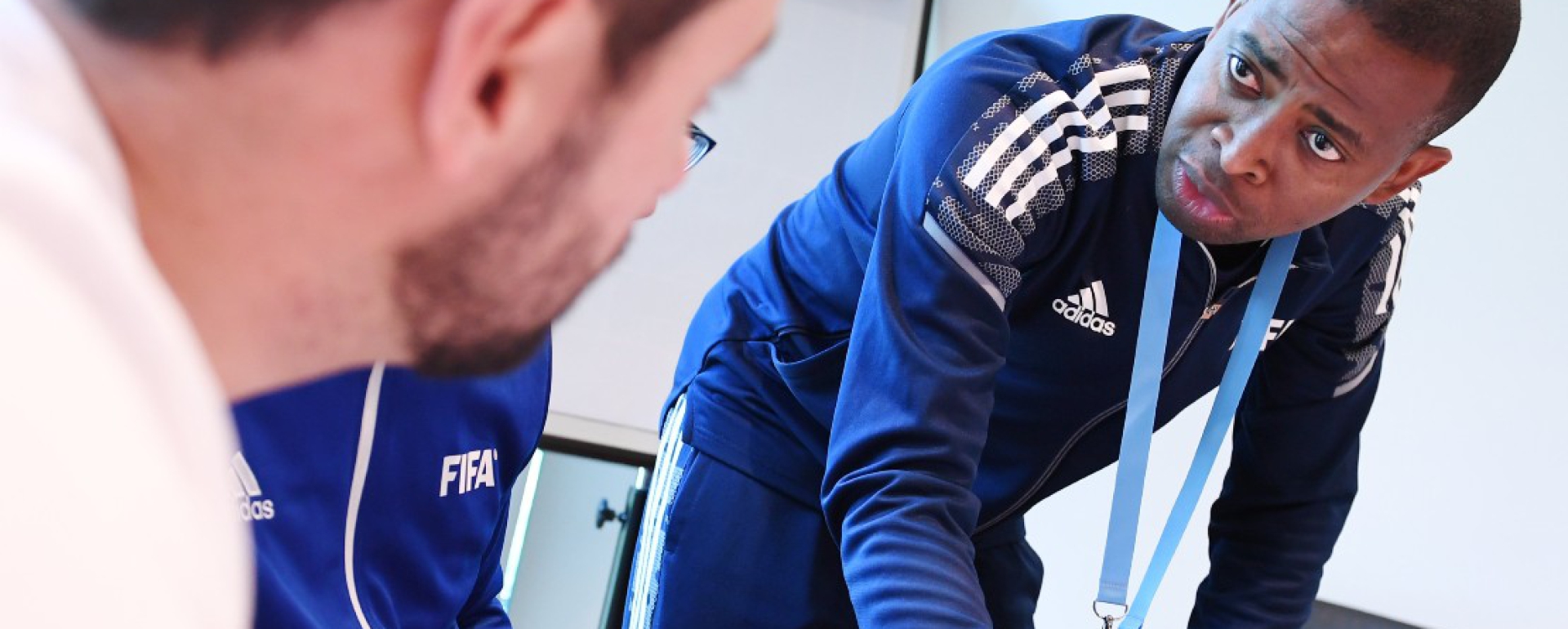I began developing my own coaching philosophy in 2011. Like many young coaches, I started by researching the philosophies of some of the top managers in the game. It quickly became clear to me that there is no single blueprint for success. Instead, success is the result of an accumulation of ideas and principles that align with the strengths and weaknesses of a particular group at a given time
There's no right or wrong way—just your way!
It's all about what you know and your ability to transfer that knowledge to your staff and players. You need an in-depth understanding of the modern game, beyond just holding a license, and you must firmly believe in your own principles and ideas
Pep Guardiola took over at Barcelona and implemented his own principles and beliefs, leading the team to multiple titles. Many thought the ultimate understanding of soccer had been achieved. Spain adopted a similar style and became World Champions, although they exited with disappointment in Brazil 2014. Pep's unwavering belief in his ideas and his ability to inspire confidence in his staff and players brought everything together. The pieces aligned, and the puzzle was solved—Pep and Barcelona dominated European football during his reign in Catalonia. Since his departure, Barcelona has never been the same
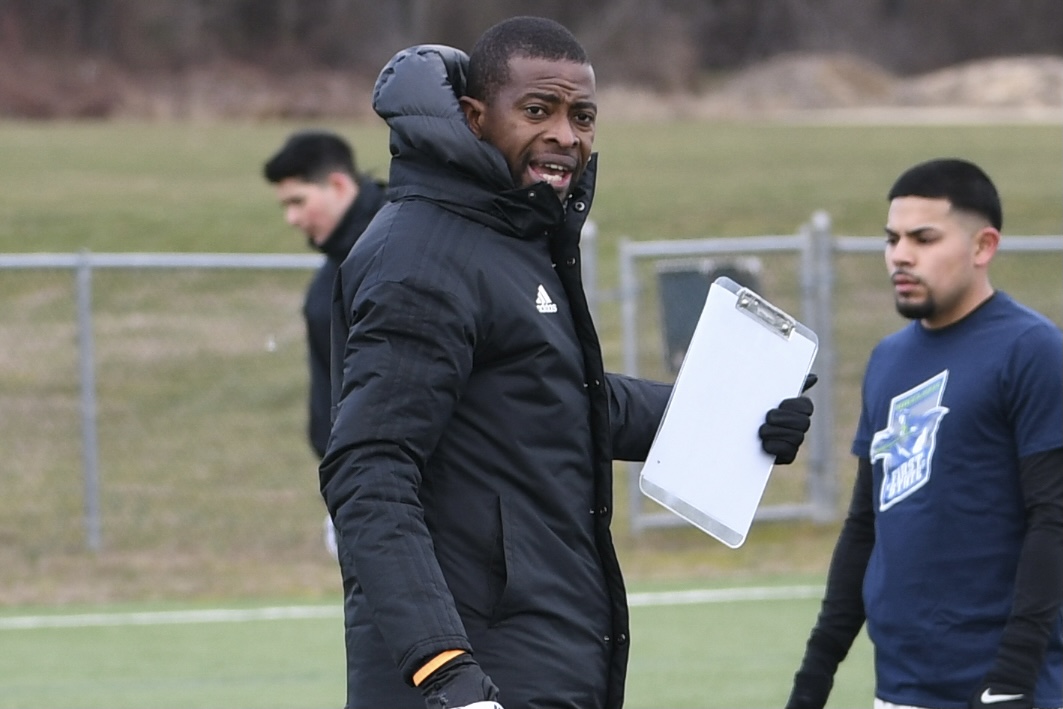
I strongly believe in the power of education, but there's nothing quite like observing other coaches in action and listening to their ideas and philosophies. The insights you gain from other coaches, clubs, and simply by listening to others should align with your own beliefs and complement the strengths and weaknesses of your team
I make note of all the bits and pieces that align with my principles and beliefs, while disregarding those that don't. One of the most valuable and cost-effective resources available to coaches is simply observing what others are doing
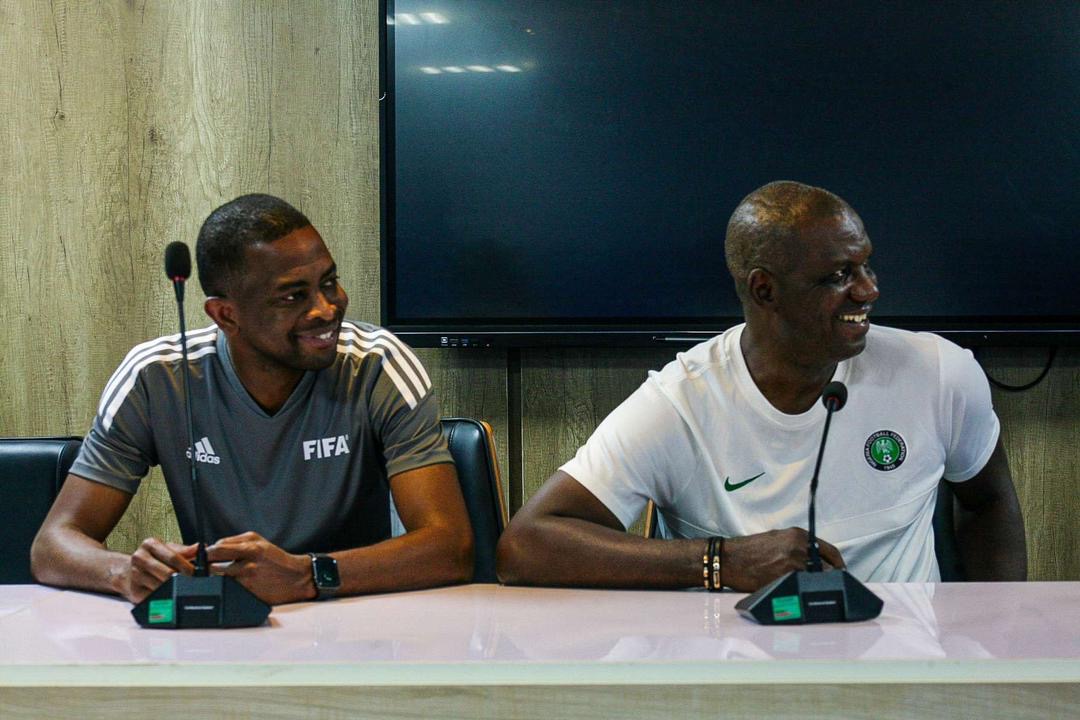
I keep an open mind when it comes to what is right or wrong, but I have my own principles and beliefs that shape my philosophy. It is crucial to include in your philosophy how to approach tasks, build a positive learning environment, assign roles and responsibilities, and hold people accountable. All these elements should center around the people - staff, players, administrators.
Feel free to draw inspiration from others' work, but be prepared to adapt it!

